
School bullying through the eyes of a teenager
Bullying in schools leaves a lasting mark on its victims. It is important to understand these processes in order to deal with situations effectively.

Bullying in schools leaves a lasting mark on its victims. It is important to understand these processes in order to deal with situations effectively.
INVITATION TO A FREE ONLINE WORKSHOP
How can parents and teachers work well together for children?
29 September 2020 (Tuesday), 15:00-16:00
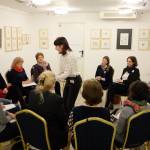
We are often invited to work in kindergartens on non-education days or in schools on the working days before the start of the school year, as our three-hour workshops provide the kindergarten and school community with new practical knowledge and community experience.

In Hungary, social responsibility is a well-known and widespread concept. We at Partners Hungary Foundation are in the fortunate position of working with Glaxo SmithKline (GSK) for the seventh year in a row to promote health awareness and access to healthcare for disadvantaged Roma communities.
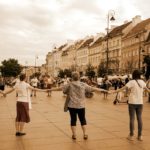
- As a municipal leader, do you have problems with complex local issues?
- Are you concerned about how to better involve the public?
- Have you tried this before, but are you looking for more effective solutions?

Social integration is a process in which individual values interact when cultures meet, and retain their original characteristics in the system of new values that emerge. This, together with other core values such as diversity, acceptance and openness, and equal opportunities, underpin our work on Roma inclusion.

Our national and international experience shows that the best way to tackle aggression in preschool and school is prevention. And the key to prevention is a strong community, where individual and collective responsibility is based on commonly agreed rules and interconnections between community members.

Child aggression and peer abuse present themselves in different ways in different institutions and are a growing challenge for teachers, students, parents and professionals working in the school environment. Without appropriate tools, tensions increase and helplessness can turn into aggression. The consequences are still being felt decades later.
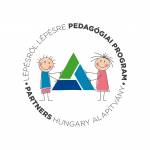
Today, in 20 countries across Central and Eastern Europe and Asia, Step by Step is a programme of educational institutions that empowers children to become productive and creative members of a democratic society through effective and active learning. Learn more about the programme and take part in our accredited teacher training courses!
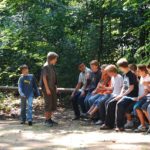
Effective conflict management in schools - how? Our training in mediation and restorative practices gives educators state-of-the-art tools to deal with student-student, parent-educator or teacher-teacher disagreements.
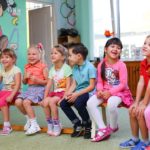
Conflict management with young children: a 3-day, 30-credit course for pre-school and primary school teachers.
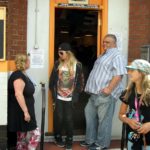
Conflict is a natural part of housing communities, as many of us are diverse. We have different ideas about what quiet and order means, different schedules and values.

With the help of our experienced facilitators with methodological experience, meetings at work, in the community or at school become easier and more effective. Our professionals work with communication tools that make collaboration quick, easy and effective.
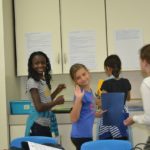
We have heard a lot about aggression in the school environment in recent years, as it is a serious problem in many schools around the world. Conflicts are present at all levels of education - from primary to higher education - and represent a multifaceted problem.
Rosa Parks Foundation, Motiváció Műhely, Partners Hungary, April 2020 Teachers of predominantly disadvantaged children say a third of their pupils have failed to engage with digital education, according to a recent survey. The results suggest that the gap between children's social status in schools is set to widen. There are big regional differences: while in Budapest [...]

Girls in science What is the aim of Project POWER? To raise awareness among students, teachers and parents about the importance of science, with a particular focus on raising girls' interest in science and engineering (STEM) careers, which are still under-represented. The elements of the programme included: developing competences related to engineering and science through innovative tools, [...]